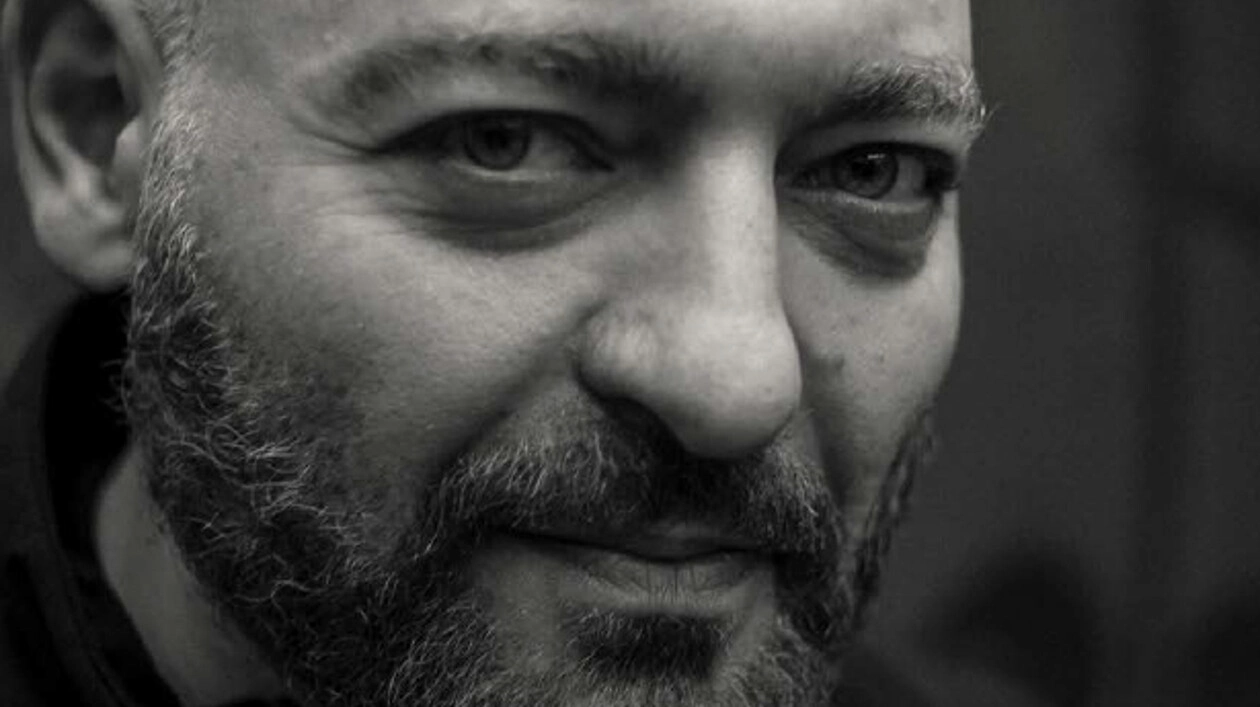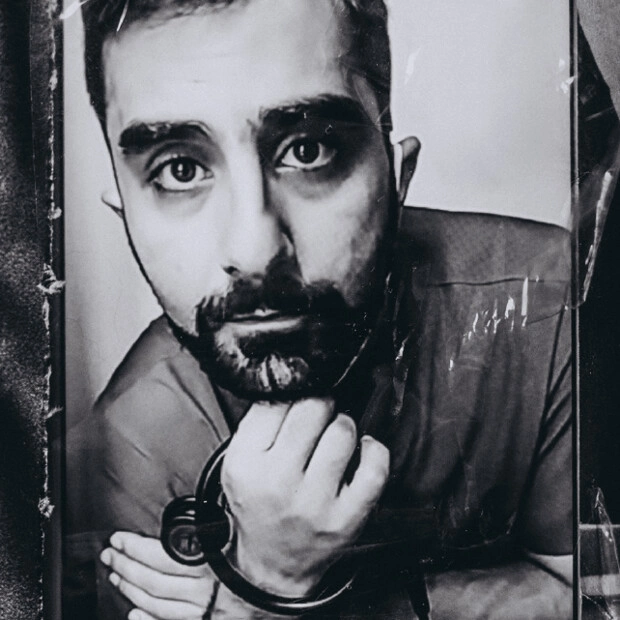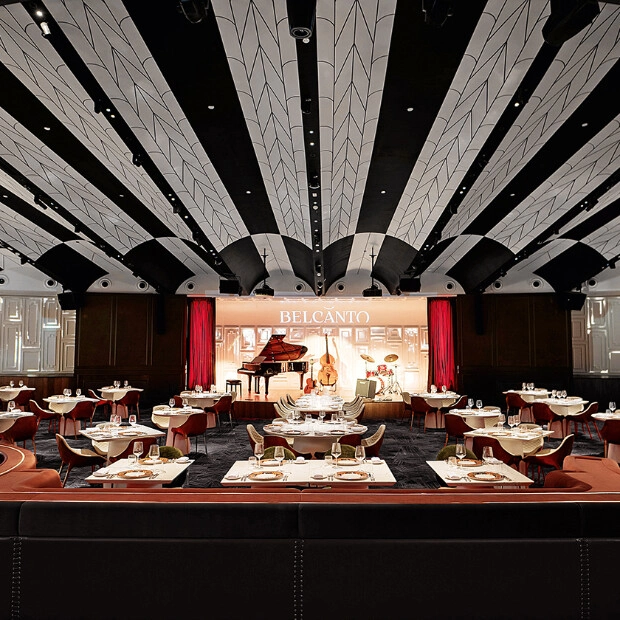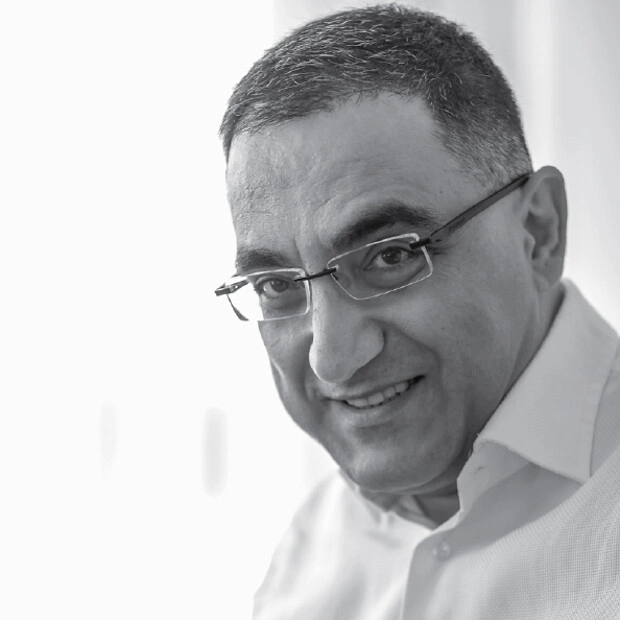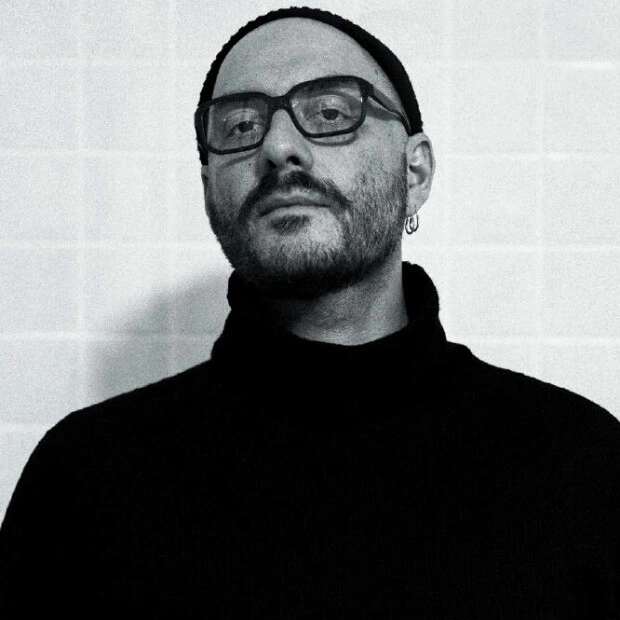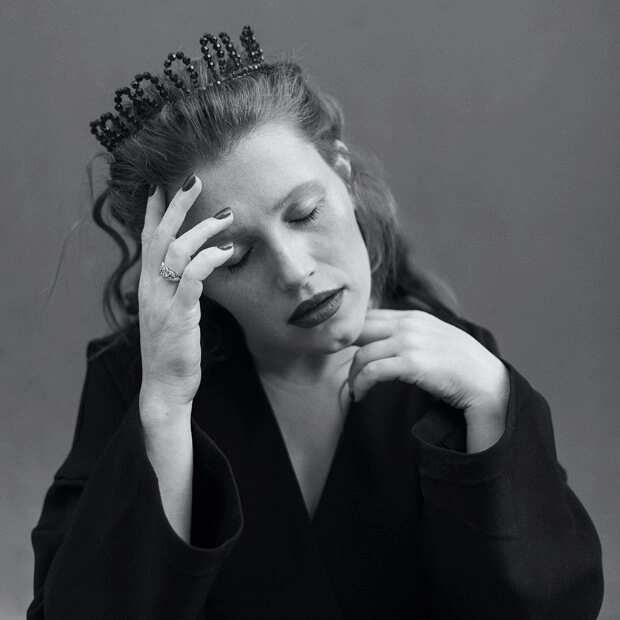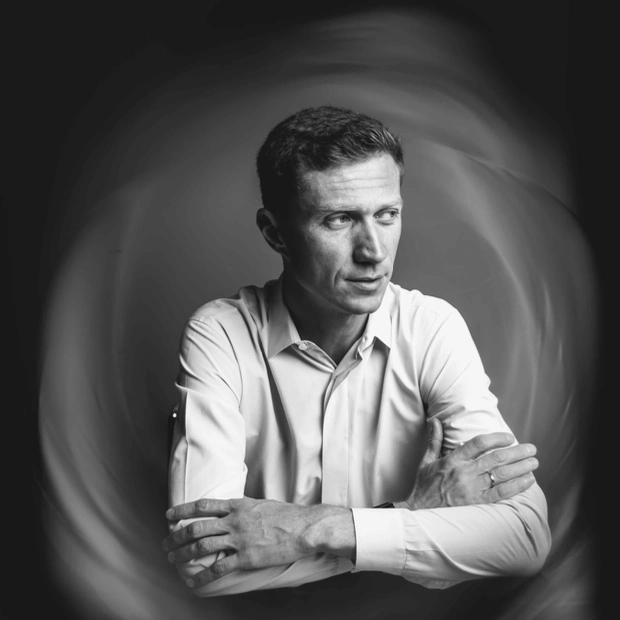The English expression 'poor but honest' does not imply the opposite, that the rich are dishonest. In mod-ern Russian reality we still consider money to be by all means a witness of moral and intellectual advantage of the one who has more of it. The way it is spent is a second question but of course it becomes more topical for Russian elites. Our columnist, investor and collector Kirill Rubinskiy on the way money in common and big money changes people.
I used to meet people who didn't care about money. Not often but true. These people more or less lived the life of ideal ascetic, Buddhist monk or Professor of Slavic Studies in Paris. Money serve these people to satisfy their basic needs, to keep body and mind in working order. But for most of us money carries a totally different idea. No need to repeat a banal story that money gives people freedom, independence, makes our lives brighter and more comfortable, brings joy to our beloved people and us as well. That's true. It is obvious a priori that there's not many people indifferent to money because the pursuit for comfort, independence and standing out among other individuals of the same kind is a main feature of our social existence on the instinctive level. Money climbs up by the Maslow's Pyramid and helps people to progress from satisfying their basic needs to the top of self-consciousness when material gives its place to spiritual and self-affirmation is expressed not by the shining corps of a new 180m yacht and even not in the most beautiful picture of Vermeer but in the new building of public library, oncology centre for children or something more private and anonymous helping to make people's life better.
There's a moment in every rich brain (which is not coming together in 100% of cases unfortunately) person's life when he loses interest to money as the source of satisfying his material needs. First of all material needs have the final value expression, secondary satiation comes in the end. One very big businessman once told me that he has houses in twenty eight countries all over the world and he is visiting just three or four of them regularly. He found it difficult to explain what the point of buying them was. In the end he, the one who was born not in poor but in actually pauper family, didn't find any other explanation except of, say, just 'didn't like to stay in hotels and real estate was a good investment from the point of view of longtime perspective'. Money as a trophy, as a witness of being a winner above others, yourself and circumstances is an ambition of every big businessman. Cocktail of gambling, vanity and ambitions.
We all start to realize that money doesn't mean happiness sooner or later. It doesn't mean though that all rich are unhappy and ready to share their fortune at the first call of their soul and spirit with all who suffer. It doesn't mean either that there's more happiness and satisfaction among poor. I'd strictly recommend to be rich rather than poor in any case. Try it and you will see that I'm right. Money will help you to get rid of lots of every day life's problems and when you stop losing time and power on it you will have a chance to learn something new and interesting and start to preoccupy yourself with this more interesting issue. Every person has his own pattern in his consciousness he tries to fit. Actually, it is an image we want to correspond to, projection we try to implicate to society that surrounds us. After Birkin, Kelley, Ferrari, personal cook and villa in Mayfair, yacht there's an obligatory triple art-culture-charity often demanding to mobilize resources very seriously. But of course, targeting satisfaction of spiritual needs through financial resources can start much earlier.
One shouldn't forget that big money doesn't mean just enhance of the freedom level but can also cause the vice versa effect because with accumulation and growth inevitably gets bigger the circle of people depending on you and your money, the responsibility zone becomes bigger. If you are a businessman your money is not just a bank account, it is assets, people working for you, companies, organizations, reputation and so on. One famous man told me that after the Schumacher's tragedy he didn't ski any more though he loved alpine skiing very much before. According to him he realized that if he had broken down not just him but many other people would suffer and he considered the risks to be not sensible and even irresponsible.
The question of morality and money is too large and hackneyed to be discussed here. I'll just say that everyone takes his own decision to step over something or not. We can observe here surprises as well when people who seemed to be an example of high morality and ethic in 'modest' circumstances became very cynic when being put front of the binary choice earn much or nothing. Women as I see are often a bit more amoral in cases like this though consciousness tortures them for bad actions longer and stronger.
For me personally it is unacceptable to earn money in spheres harming people's health or spoiling their lives. It's a question I solve by saying 'money does smell'. At the same time this kind of profit is legal according to the law. And moreover, someone will earn it there by all means. There's a personal feeling of what you accept and what you can't accept. I think if someone suggests me to earn legal money producing canned goods made of dogs' meat in Korea I wouldn't agree.
Snobbism and jealousy to those who have a bigger financial resource is not necessarily bad. Even though these feelings corrode the soul and poison the body they help to move forward because ambitions and envy are at least cousins. If five people came in cool cars with personal drivers and the sixth burning by vanity drove a simple car himself and wears a watch costing just one hundred dollars it is definitely the same old snobbism but a bit comic.
Some, may be the most occasionally rich people become pinchpenny with time, they become greedy to whatever and money transform to the moral value. When they lose it they feel bad. They enjoy to put it into a box instead of spending, accumulate and feel good 'let it multiply'. These people choose economy class instead of business class because there are 'sanc-tions' and crisis and he already has not thirty millions on his account but twenty eight and a half and though he can spend one hundred fifty thousands monthly for the rest of his life easily he is not comfortable watching the nominal reduce of his fortune because of the bourse's fall even if he knows that falling will change for rising.
It is good when charity is a decision coming from a desire to make something good for others not from vanity. I think that the biggest privilege money can buy is a possibility to decide yourself how to spend it for charity and philanthropy. America has absolutely fantastic museums, exhibitions, hospitals and etc. and mostly because of people invest, spend money for social benefit. In every big American hospital there is a lot of cabinets and clinics named after those who gave their fortune or part of it for the medical development. Same with museums and people do it in their lifetime. It is a big privilege to decide where you want to invest. If you want help animals or a hospital, it is a Protestant logic which unfortunately lacks in Russia, but in Russian Federation and its neighborhood charity's scale grows and it is a positive fact one can't help from enjoying.
